A joint operation by the National Police, Guardia Civil, and Customs Surveillance resulted in the release of 162 women from Alicante and six other provinces who were victims of a criminal organisation accused of sexually exploiting them in properties and premises they had acquired and converted into brothels masquerading as massage parlours.
The women, 41 of whom were released in various municipalities across the province of Alicante, had only two hours of free time each day and were forced into prostitution in overcrowded conditions.
Officers arrested 37 persons, including 22 in Valencia, three in Alicante (Elche, Elda, and Dénia), four in Málaga, another four in Murcia, and four in Castellón.
Nine of the 37 prisoners were held in jail, while 39 searches were conducted in the provinces of Alicante, Valencia, Castellón, Barcelona, Málaga, Murcia, and Tarragona.
Documents gathered during the searches reveal that the network rents premises to exploit women in Elda, Elche, Torrevieja, Xàtiva, Ontinyent, Alzira, Gandia, and Málaga.
Three victims filed accusations of sexual exploitation in various Spanish towns, prompting the police inquiry. Based on this evidence, investigators conducted several investigations, resulting in the identification of a criminal organisation dedicated to the sexual exploitation of women, particularly based in the three provinces of the Valencian Community. During the investigation, it was discovered that the network had begun to extend into other provinces, including Barcelona, Málaga, Murcia, and Tarragona.
Both in Spain and in their home countries, the criminal network committed itself to recruiting women of South American descent. Most of these women were in difficult situations and did not have residence or work permits. They were pushed into prostitution in several areas throughout Spain.
Massage venues
To carry out this illicit operation, the organisation purchased or rented properties or premises, either directly or through commercial organisations set up for this purpose, aiming to give them a legitimate appearance by misrepresenting them as massage parlours.
The targeted locations were mostly single-family houses or commercial properties, and members were entrusted with refurbishing and converting them into living quarters where the victims would sleep cramped into bunk beds or in the same bed where they served clients. These facilities were frequently closed and had insufficient ventilation and awful living conditions.
Each location was staffed 24 hours a day, seven days a week, to monitor the ladies within, collect payments from clients, provide narcotics to clients who wanted them, and answer phone lines connected to prostitution adverts on several specialised websites, reporting to higher-level members.
Living Conditions
The victims were allowed out for two hours each morning and had to be present at all times. The key suspects monitored the facilities and victims in real time using a video surveillance system installed in all prostitution establishments.
The organisation received 50% of each service, with the ladies receiving the other half, albeit the latter may be punished for various reasons.
The criminal organisation cycled and relocated victims between several locations at their convenience. It was obvious that, in addition to the previously known locations, the organisation had begun to extend to Catalonia, Murcia, and Malaga, where new brothels had been established.
The research indicated that the criminal network was organised into three tiers of responsibility. At the top were the organisation’s leaders, who shared family and romantic relationships. They owned or rented the properties and reaped the largest financial rewards.
A second level was made up of trusted personnel in charge of supervising the property, collecting profits, and coordinating the supervisors. Supervisors who monitored the victims, drivers, refurbishing specialists for the buildings, and drug distributors were all on the third level.
The operation ended with the entry and search of 39 houses in the provinces of Valencia, Alicante, Castellón, Barcelona, Málaga, Murcia, and Tarragona, including the homes of the organization’s eleven senior officials and the places where victims were exploited. €141,000 in cash and three vehicles were seized.
Money laundering
In addition to the police investigation, the Regional Customs Surveillance Area of the Tax Agency in Valencia initiated an asset investigation into the criminal organisation and potential money laundering activity. Investigators were able to identify the individuals who controlled the companies that the organisation used as fronts to funnel the proceeds of its illicit activities.
The ongoing asset inquiry involves the analysis of banking and other information uncovered during house searches. Several ledgers with financial records for each operating location were discovered, as well as computers used by the organisation’s leaders and trusted officials to organise the accounts.
In addition to the more than 60 bank accounts discovered, the location and freezing of moveable and immovable property owned by the alleged criminals has been critical. These assets were confiscated to secure their future confiscation.
There is no accord on trafficking
The National Police maintains a phone number (900105090) and an email address (trafea@policia.es) to encourage citizen collaboration and anonymous and confidential reporting of these types of offences. The call will not appear on the phone bill.

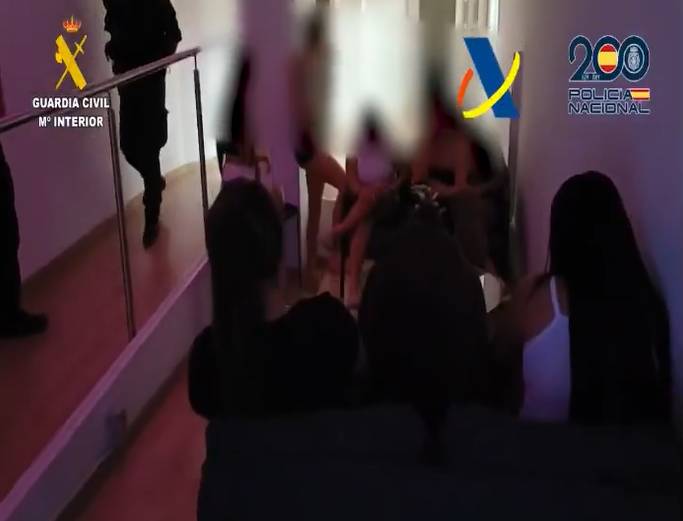

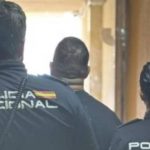
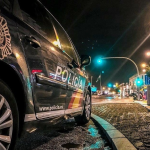

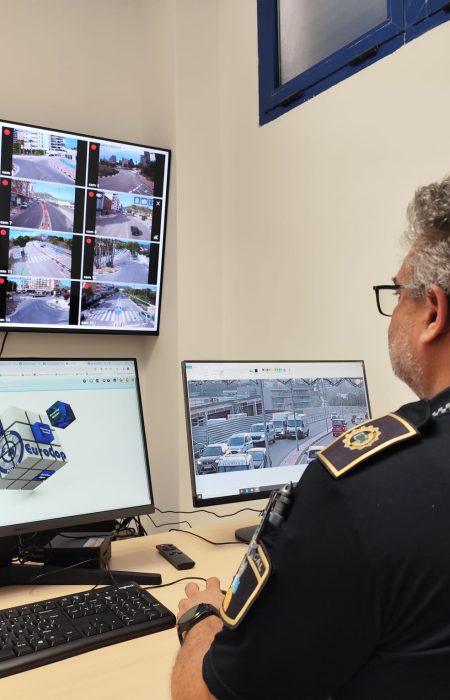
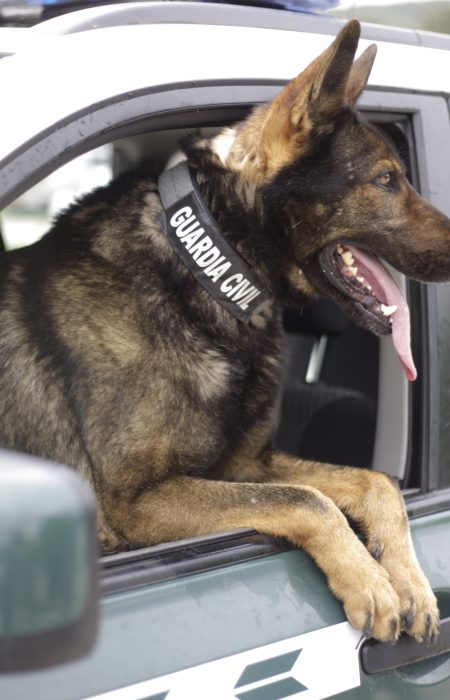
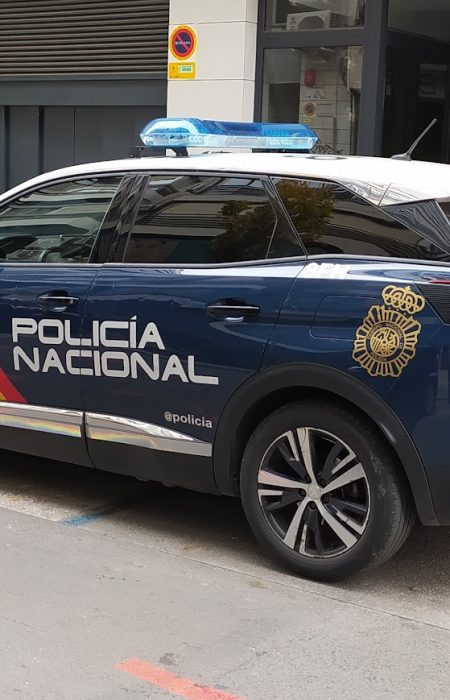
No Comment! Be the first one.